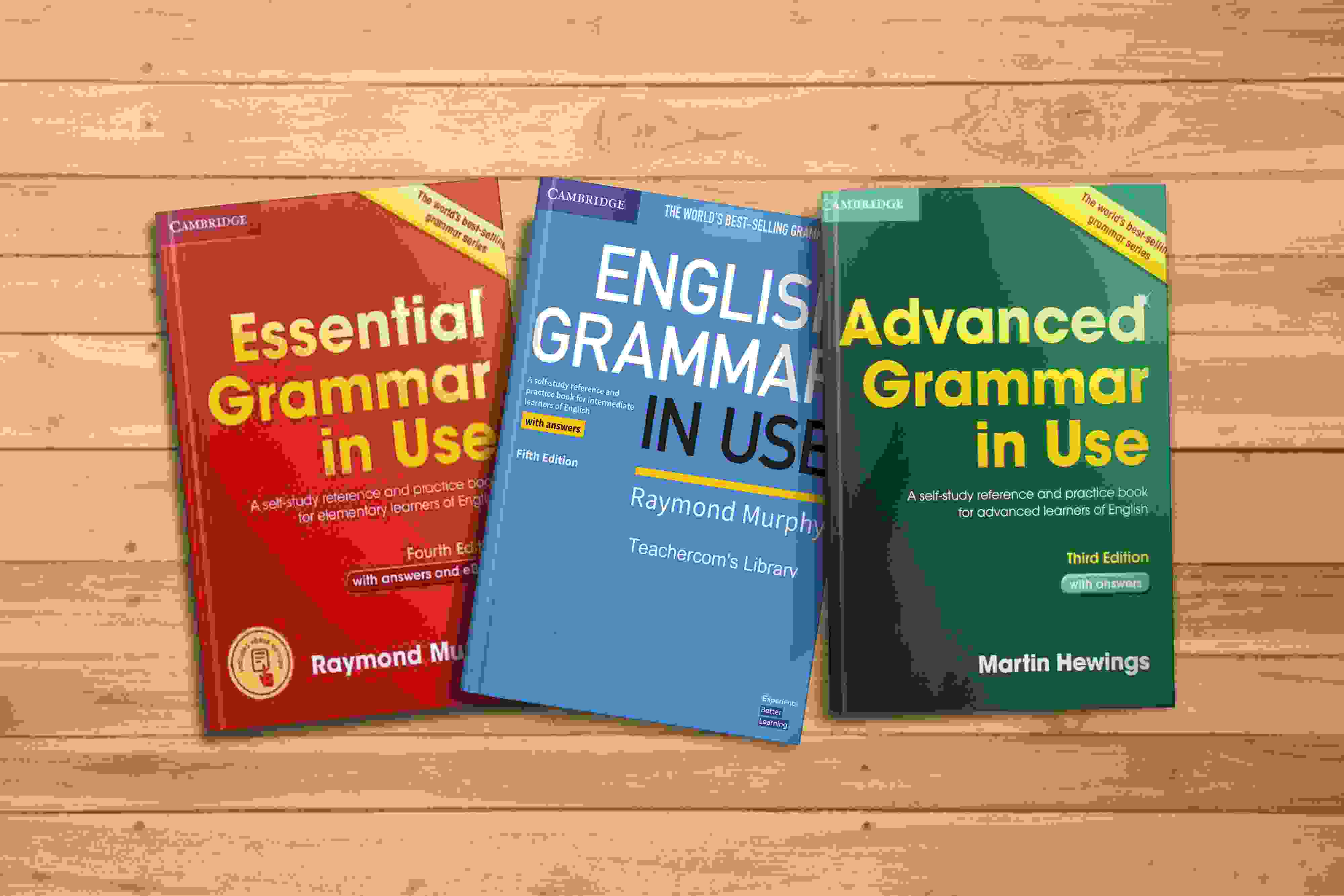- Have any questions?
- [email protected]
- Home
- Resources
- English Grammar
- Independent and Dependent Clauses - English Grammar - English Free Test|Englishfreetest.com

A clause is a grouping of words in English that contains a subject and a verb. Clauses are the building blocks of sentences. They can be of two types: independent and dependent. It is important for the purpose of sentence formation to be able to recognise independent and dependent clauses.
Independent clauses are clauses that express a complete thought. They can function as sentences. For e.g. 'Ram left to buy supplies' is an independent clause, and if you end it with a full stop, it becomes a sentence.
Dependent clauses, on the other hand, do not express a complete thought and thus cannot function as sentences. For e.g. 'When Ram left to buy supplies' cannot be a sentence because it is an incomplete thought. What happened when Ram went to the shop? Here, 'when' functions as a 'dependent marker word'; this term refers to words which, when added to the beginnings of independent clauses or sentences, transform them into dependent clauses. Other examples of dependent marker words are after , although, as, as if, because, before, if, in order to, since, though, unless, until, whatever, when, whenever, whether, and while.
Dependent clauses, thus, need to be combined with independent clauses to form full sentences. For e.g., 'When Ram left to buy supplies, Rohan snuck in and stole the money' is a complete sentence.